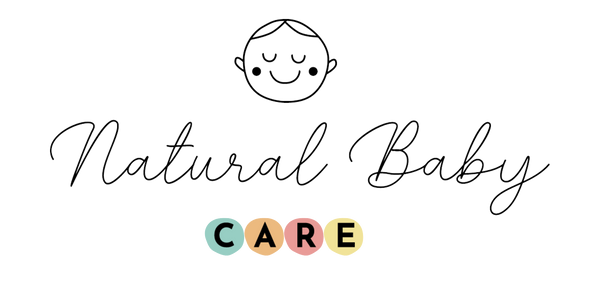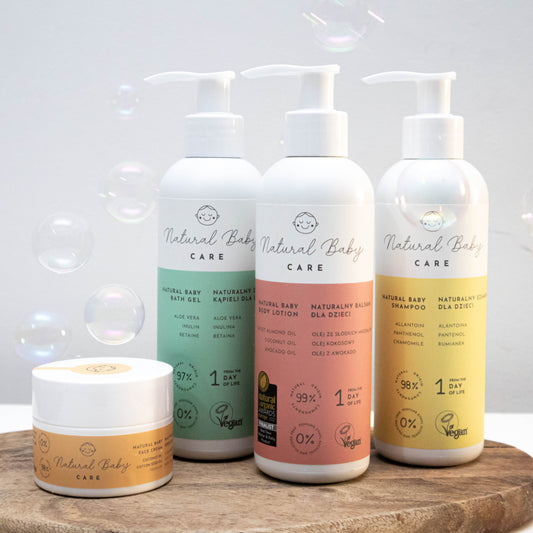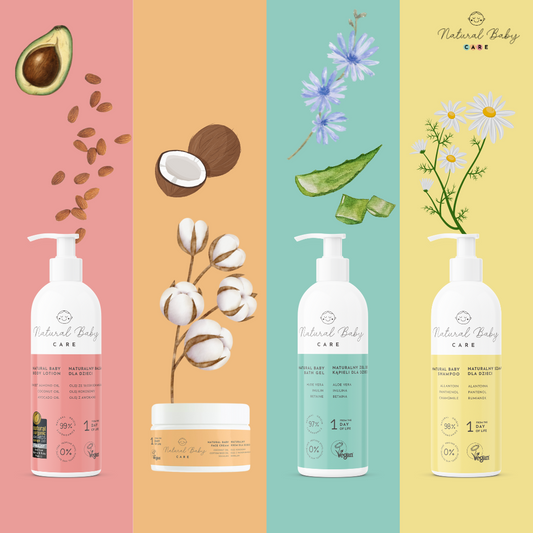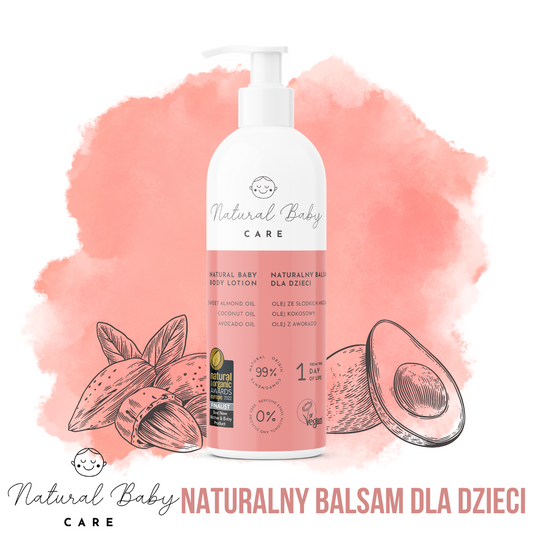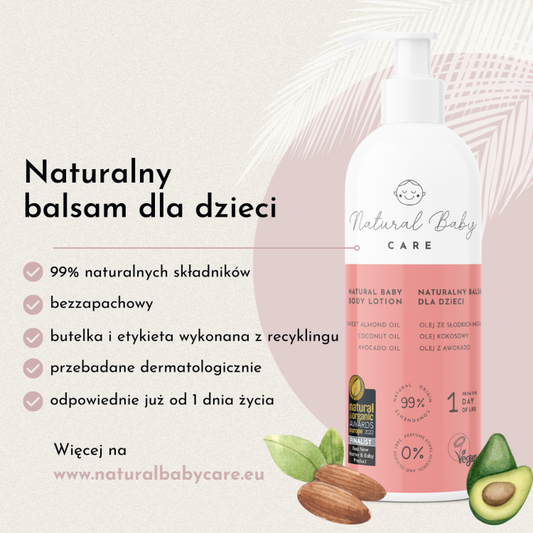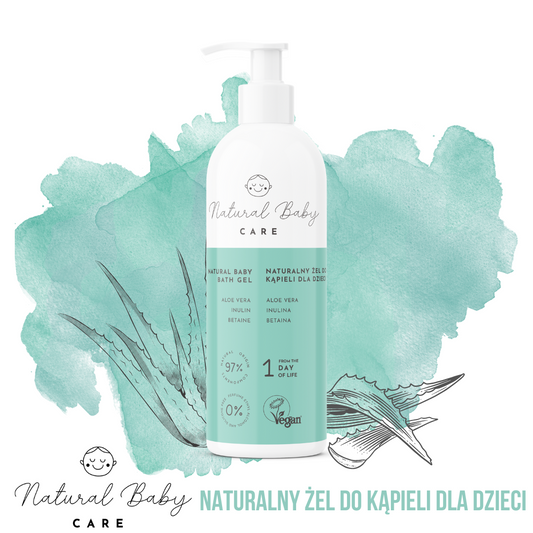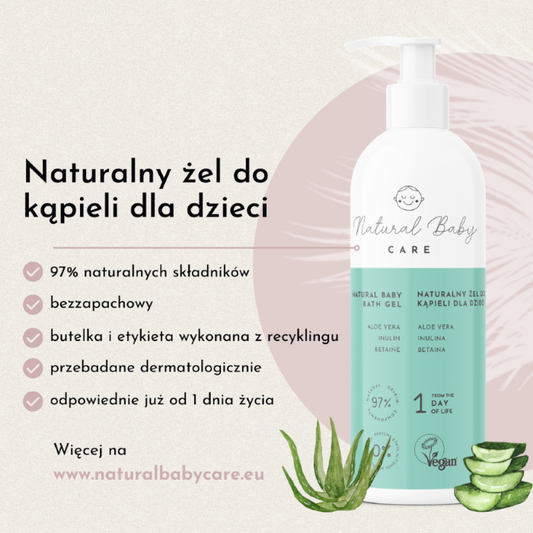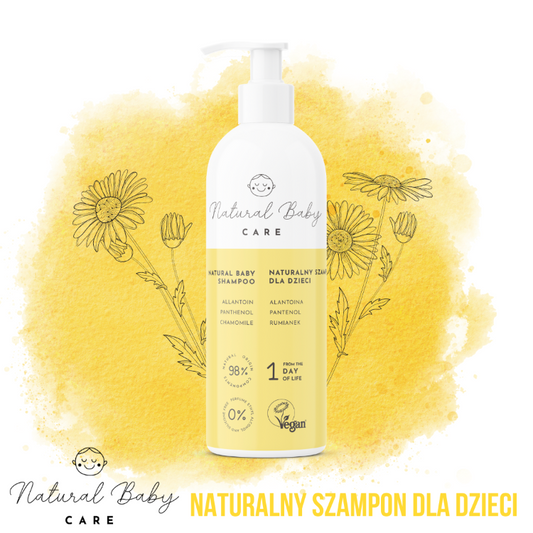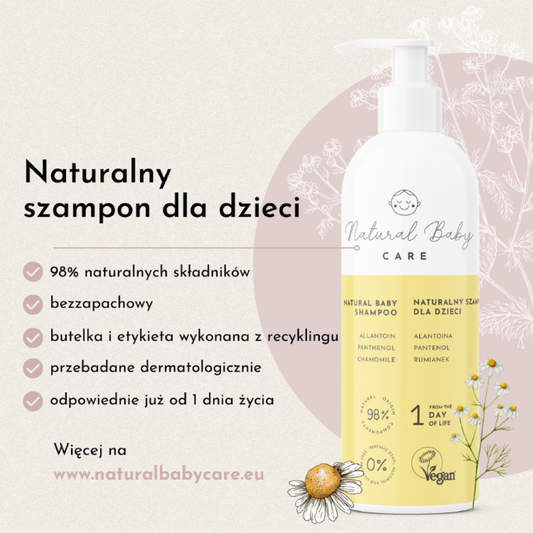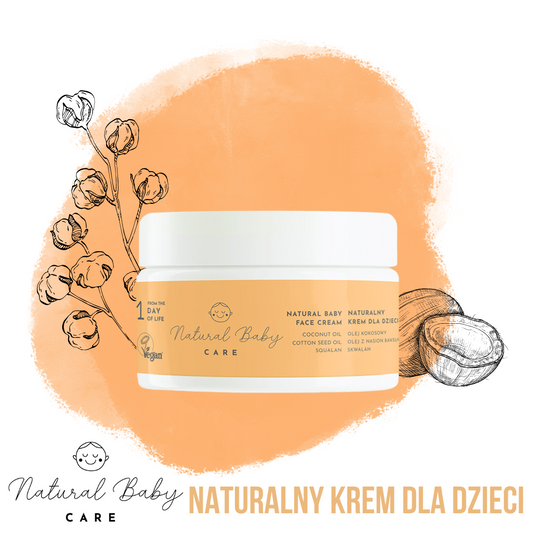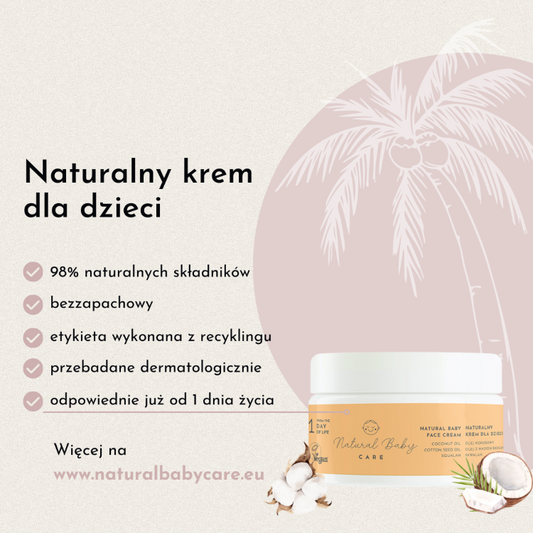Home > Knowledge Zone > Blog > What ingredients should you avoid in children's cosmetics?

What ingredients should you avoid in children's cosmetics?
Author : Natural Baby Care Team
Publication date: June 26, 2024
Reading time: 5 minutes
Spis treści
z tego artykułu dowiesz się:
Co mówi ekspert?
SLS is a commonly used detergent that can cause dryness and irritation of the skin. Therefore, it is recommended to avoid children's cosmetics containing SLS and choose products with milder ingredients.
Check out cosmetics for your baby's delicate skin
Czy wiesz, że?
Naukowe dowody i konkretne źródła badań
Collapsible content
Czy wszystkie kosmetyki oznaczone jako "dla dzieci" są bezpieczne dla mojego maluszka?
Jakich składników kosmetycznych warto unikać przy pielęgnacji dziecięcej skóry?
Czy naturalne kosmetyki są lepsze dla skóry dziecka?
Czym się różnią SLS od SSL?
Jakie są objawy alergii na kosmetyki u dzieci?
Jak często należy stosować kosmetyki dla dzieci?
